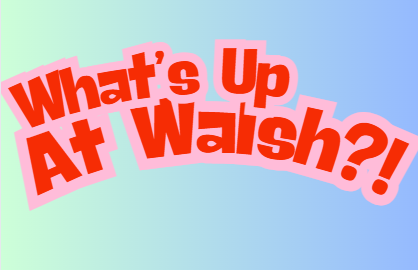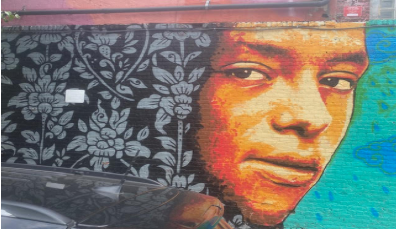Recap: WALDO Symposium 2019
On June 11, 2019, the Westchester Academic Library Directors Organization (WALDO) and Fordham Universtiy Libraries hosted a free symposium at Walsh Library. The event, titled “What Do They Want from Us? Surveying Patrons across the Library Landscape,” explored library assessment. An audience of over 80 librarians assembled in Flom Auditorium to see presentations on:

- How to get started with library assessment projects
- Methods for surveying students and faculty
- Data collection and analysis
- Factors affecting relationships between library staff and faculty
- Key findings of the 2018 US Faculty Survey (published by Ithaka S+R)
Between four presentations and a panel discussion, there was much to be learned. In this post, we’re highlighting three takeaways from this year’s symposium.
#1 – Faculty place high value on library collections.
The symposium began with two takes on faculty perceptions and usage of libraries. Keynote speaker Christine Wolff-Eisenberg, Manager of Surveys and Research at Ithaka S+R, discussed the key findings of the 2018 US Faculty Survey, which received responses from nearly 11,000 faculty members across the country. The full report, containing survey results and analysis, is freely available on the Ithaka S+R website. One particularly interesting finding: according to surveyed faculty, the most important role of the library is that of “buyer.” Libraries purchase resources that faculty need, and the survey indicates that faculty members value this above other functions, such as research support.
Librarians Cathy Weng (CUNY) and David Murray (College of New Jersey) found a similar result when they conducted a survey of faculty members at four institutions. When faculty were asked about the types of interaction they have with librarians, the greatest number were related to collection development (such as requesting books for purchase).
#2 – Students want to see that their input makes a difference.
Students are just as important to university libraries as faculty. Our presenters agreed that library assessment should consider the needs of both groups, and seek their input. However, many of us in academic libraries are all too familiar with the struggle of collecting feedback from busy students whose attention lies elsewhere.

Librarian Tesse Santoro (Mercy College, Dobbs Ferry) suggested establishing feedback loops to encourage students to participate in surveys and studies. In her library, survey results are not hidden or forgotten about. Instead, they are featured through the library as print signs on tables and digital signs on screens, written on whiteboards, and shared online in blog posts.
Equally as important as transparency is follow-through. Fordham’s own Reference and Assessment Librarian, Jeannie Hoag, advised in her presentation: focus on assessing factors that you have the intention and ability to actually change. For example, it won’t help to ask students if they want the library’s no-food policy overturned; that won’t happen, and they will be left with the impression that their voices do not matter. Instead, ask about what you can feasibly take action upon, and show them that their ideas count.
#3 – Go beyond numbers – be a storyteller.
During the Q+A portion of the event, an audience member asked the panel how to get support (and funding) from university administration for library projects. Our speakers responded that assessment needs to be presented as more than just numbers. If we want people to care, we need to tell a story. Some tips include:
- Consider your audience when you present data. Depending on who you are talking to, different stats will be more relevant than others. Frame the results in a way that the audience will understand.
- Emphasize usage rather than budget. Instead of leading with how much money you need for buying a better copy machine, focus on how librarians are asked to help with the copier in 7 out of 10 patron interactions.
- Actual feedback from students is powerful. Administrators will likely care more about what you are asking if they have evidence that students feel strongly about a particular issue. Happy students boost the bottom line. The same goes for faculty.
Every library has a story. Assessment can help uncover yours!



